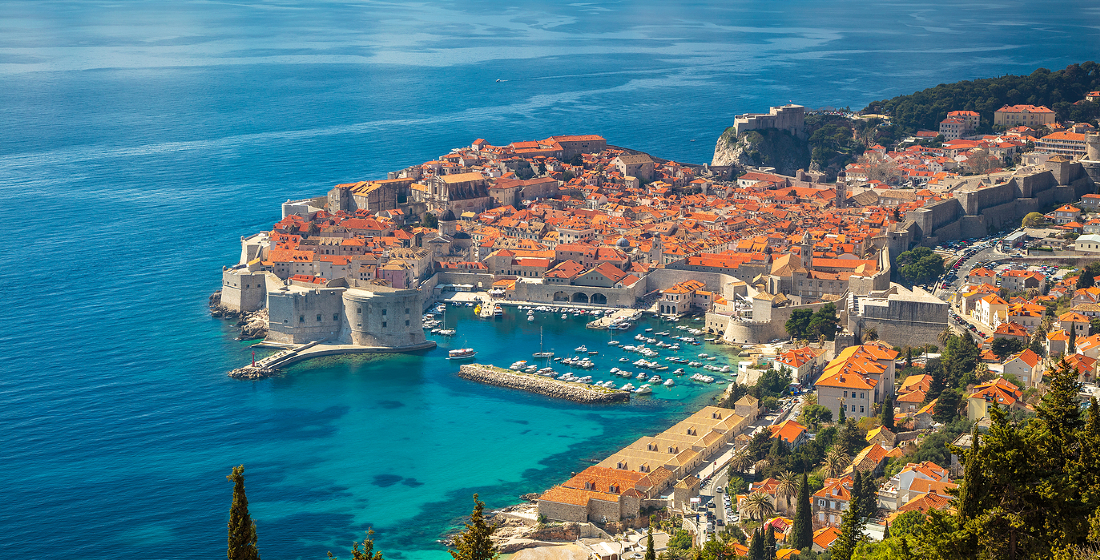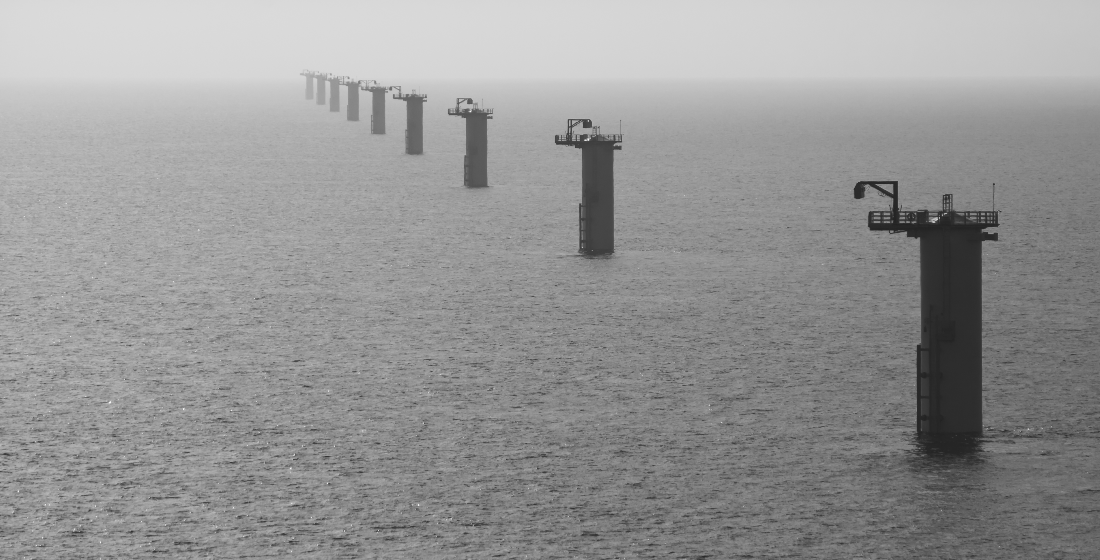Copyright © Exile Group Limited (2026). All rights reserved.
The original works published on this website are owned by Exile Group Limited and are accessed by you, subject strictly to
the terms of our licence. You must not copy, reproduce, or transmit all or part of the works without our permission
including uploading, prompting or otherwise making available the original works to large language models (such as ChatGPT
and Google’s Gemini) whether for training, generation, summarising, collation, interpretation or other processing.






